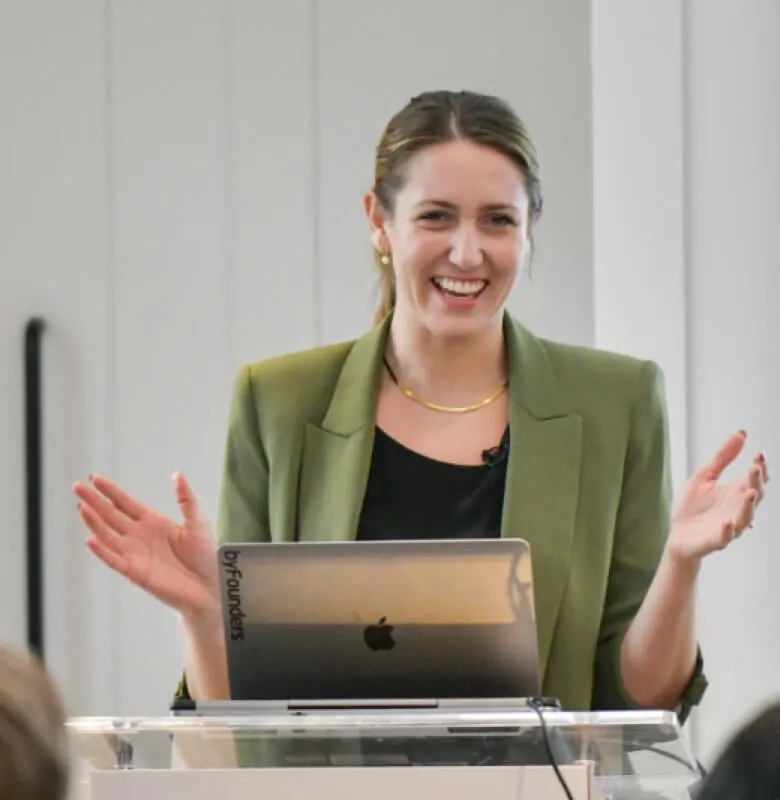
Kauffman Fellows Program
From idea to IPO, principal to partner, LP to GP and beyond — the Kauffman Fellows Program helps decision makers become better investors and navigate uncharted territory.
We're anchored by a two-year program designed to radically accelerate innovator success through self-reflection, peer learning, and a structured curriculum.
Learn from the world’s top 1% investors, educators, and innovation leaders
We drive the conversation on industry trends and guide Fellows to lead the way for a greater VC industry.
The Kauffman Fellows Program challenges investors to grow their understanding of the greater venture capital ecosystem and the most meaningful impact they can make with their array of talents.

Two-Year Program Curriculum
2-Year Program Core Themes
Program Details
What it Entails
Four days in SF of NYC consisting of peer-to-peer sessions, speaker-led sessions, and structured and unstructured time for building deep and authentic relationships.
Every two years, we organize a Summit with ~300 Fellows in attendance. It marks one of the most significant events for venture capital managers worldwide. You are expected to attend the Summit during your Fellowship to graduate, but attendance is optional after the two-year program.
Treks are an opportunity to connect and learn more about a specific regional hub, such as Singapore, Dubai, Munich, Tokyo, Sao Paulo, and others in the future. You’ll meet entrepreneurs, VCs, and LPs in that region and join ~60+ Fellows on the Trek. You are expected to attend at least two treks throughout the program. After the program, attendance is optional (limited space).
Similar to a mini-thesis, you will select a research topic and deliver a research paper, industry report, investment thesis, a new fund idea, podcast, or blog series.
Each month, you will meet with your Forum (small groups of 6-7 Fellows who connect in a confidential and trusted environment to facilitate self-directed and supportive learning).
Before Module II, you will need a mentor, either someone from your network or someone assigned from the Kauffman Fellows network. This person’s role is to support your Kauffman experience and professional career. You can discuss issues affecting your career and personal success beyond acquiring specific skills and competencies.
Fellows can join extracurricular virtual sessions in a curated peer group to dive deeper into tactical challenges. The curation is done according to geography, stage, sector, or seniority












